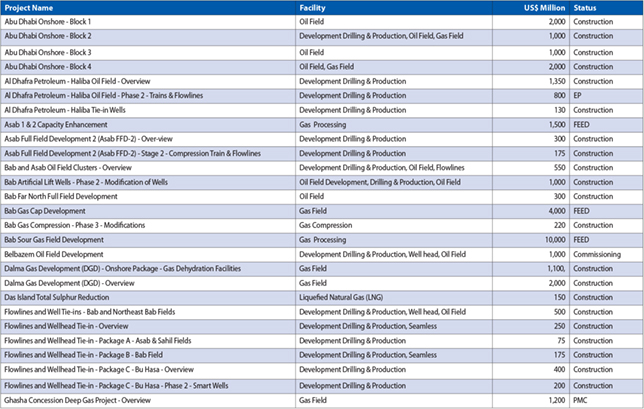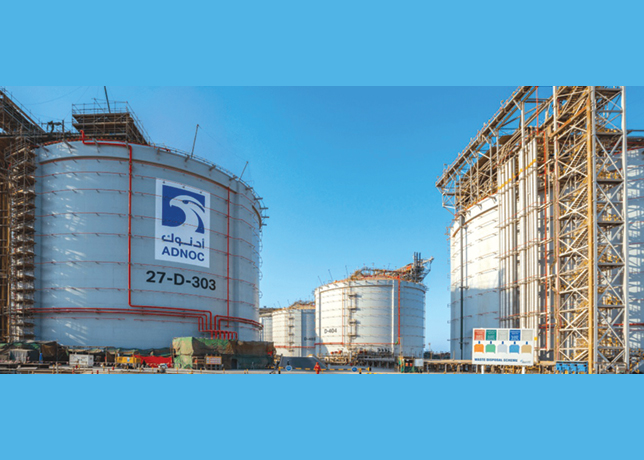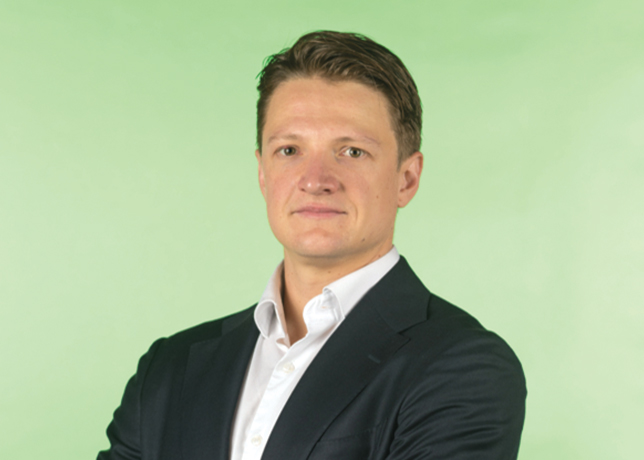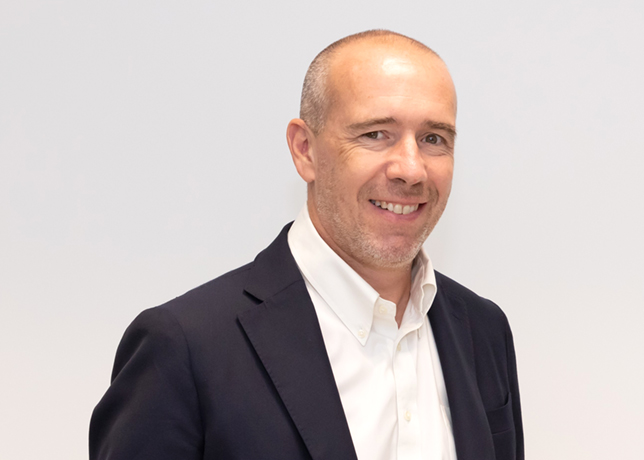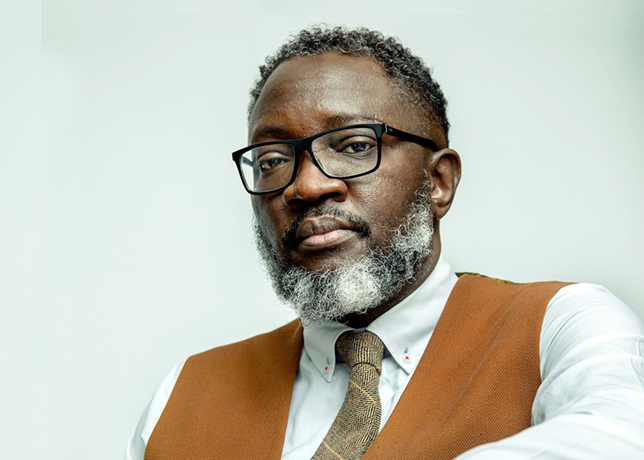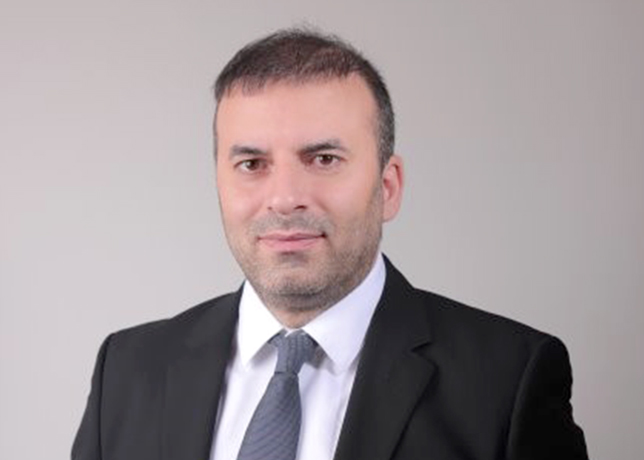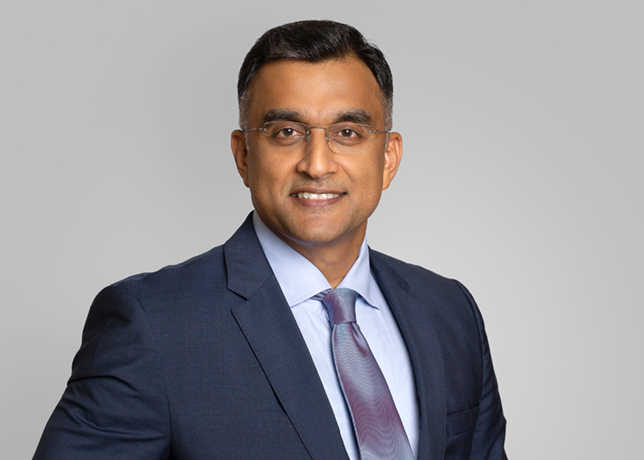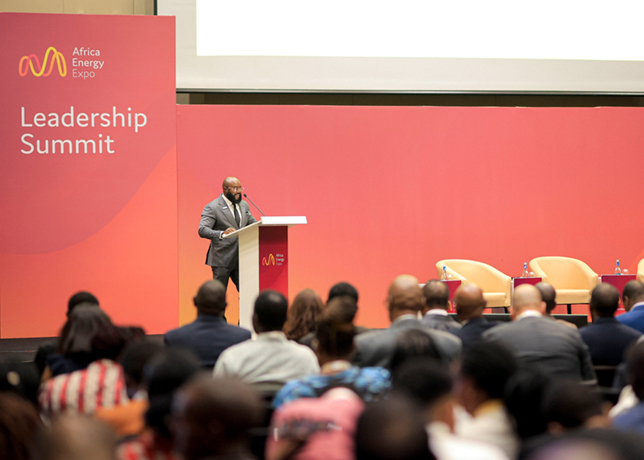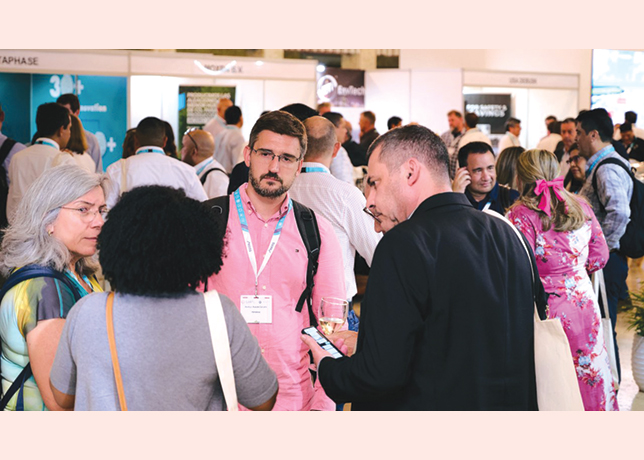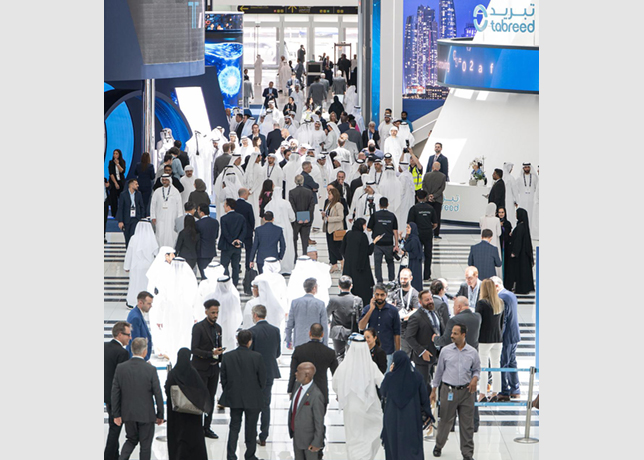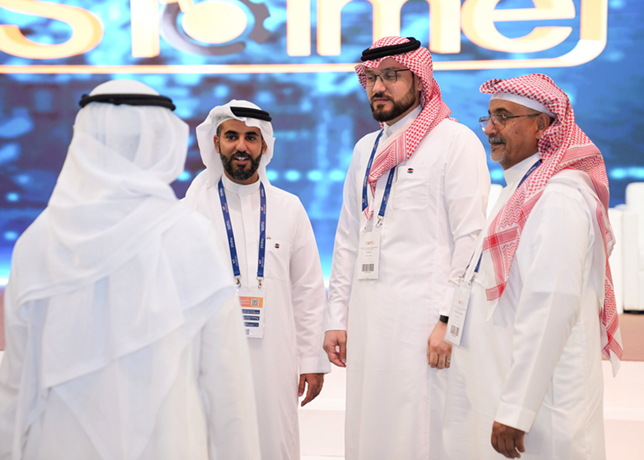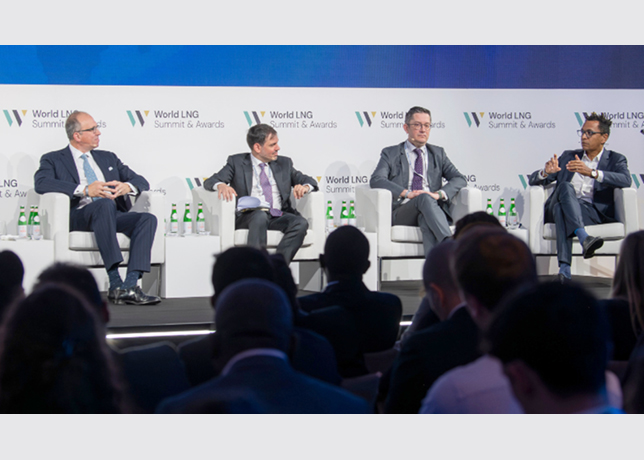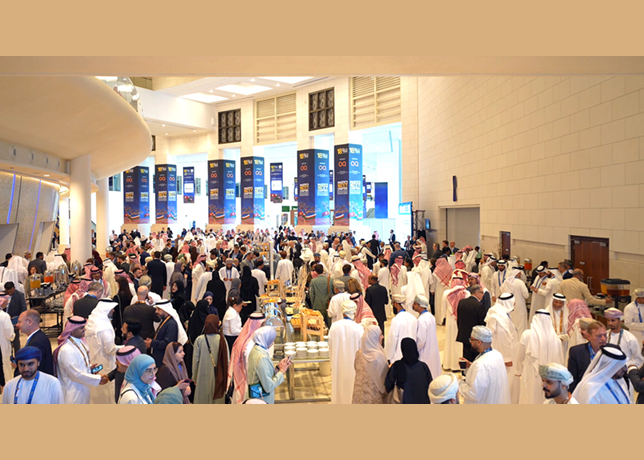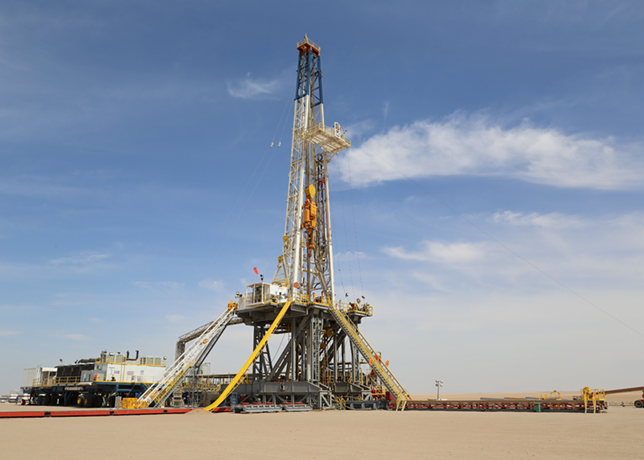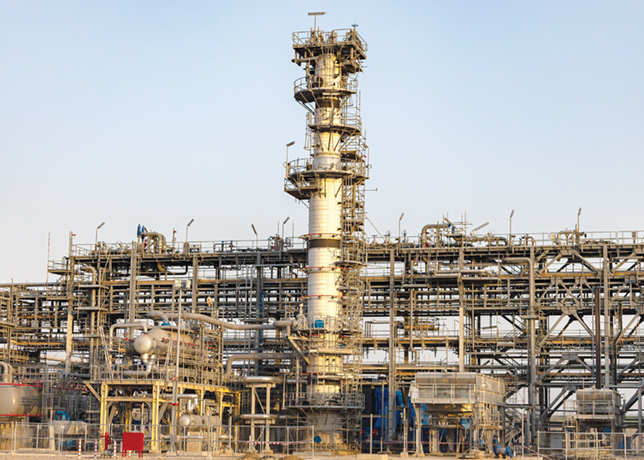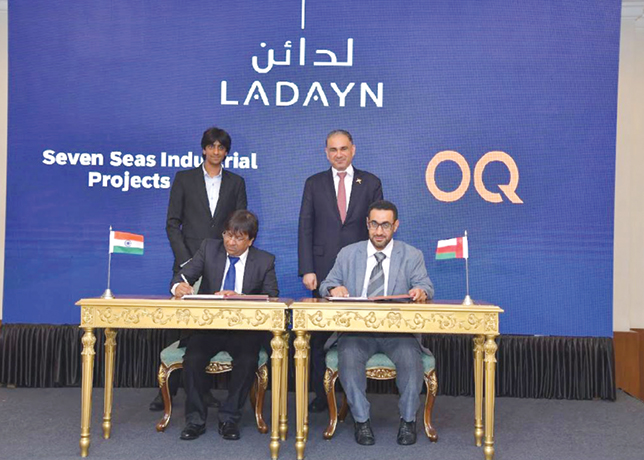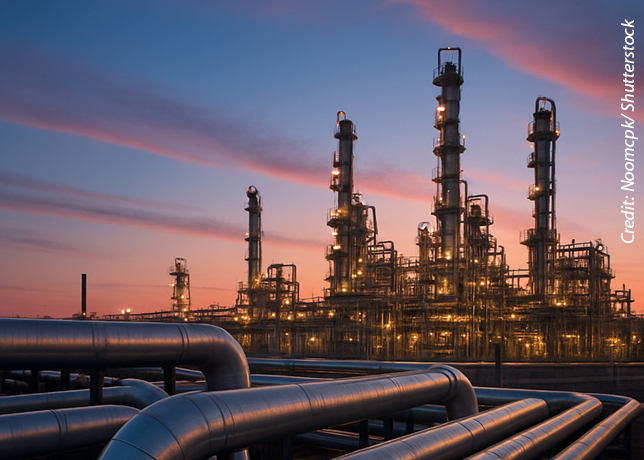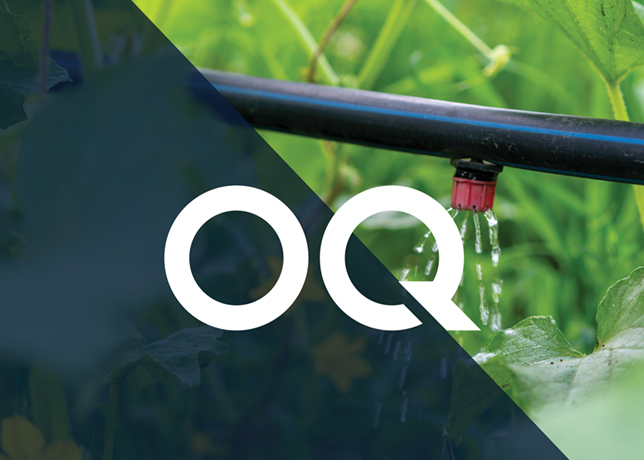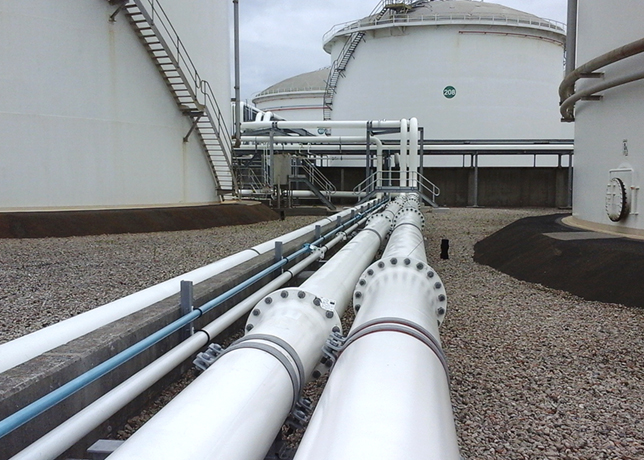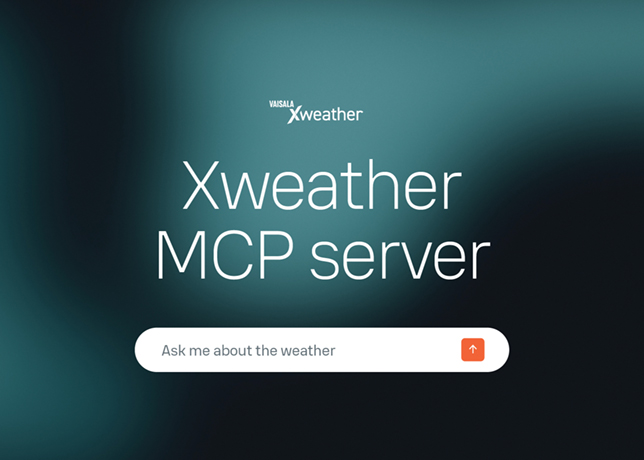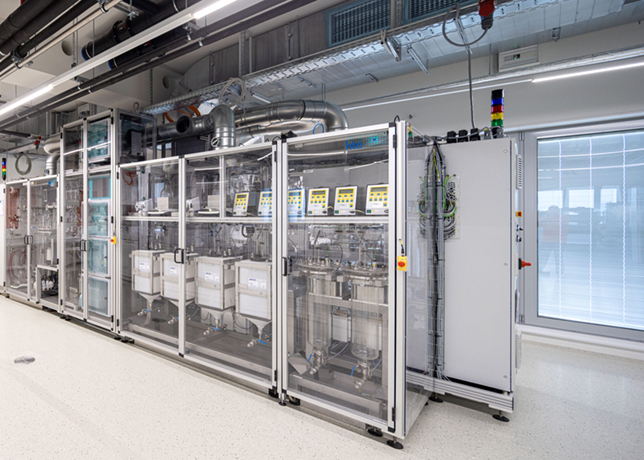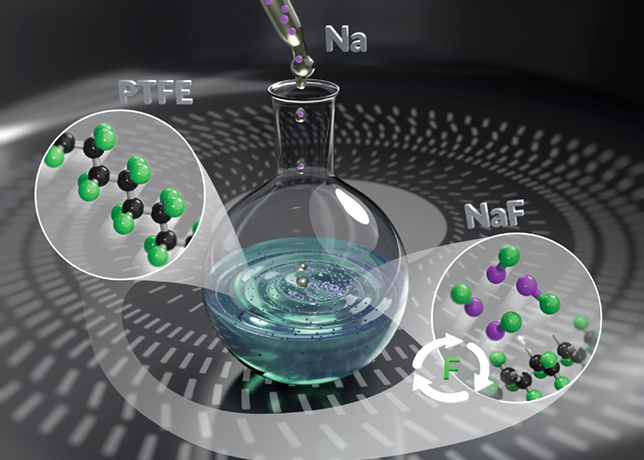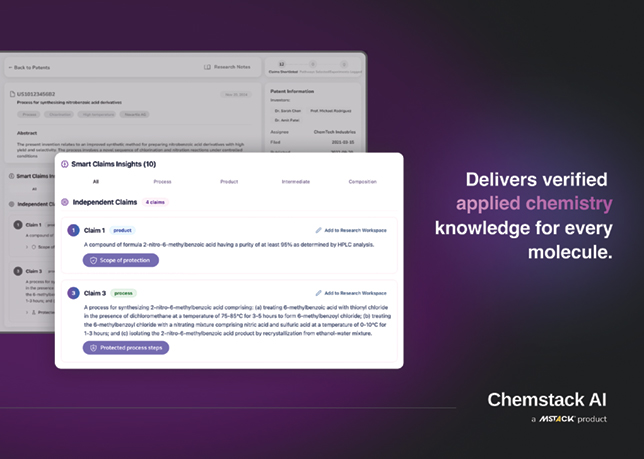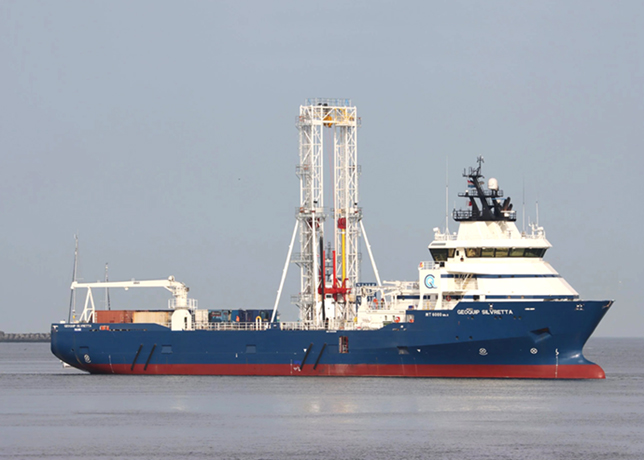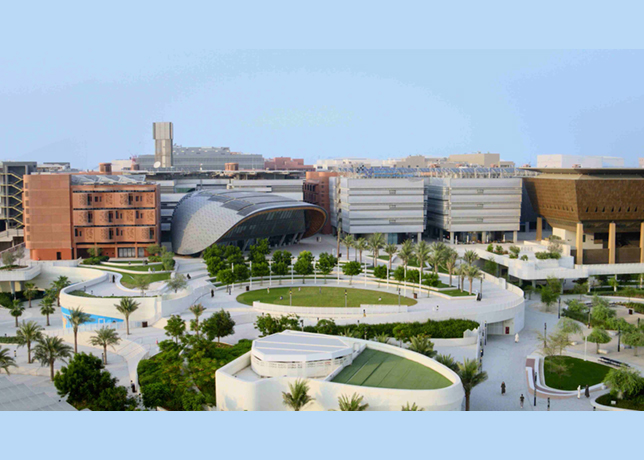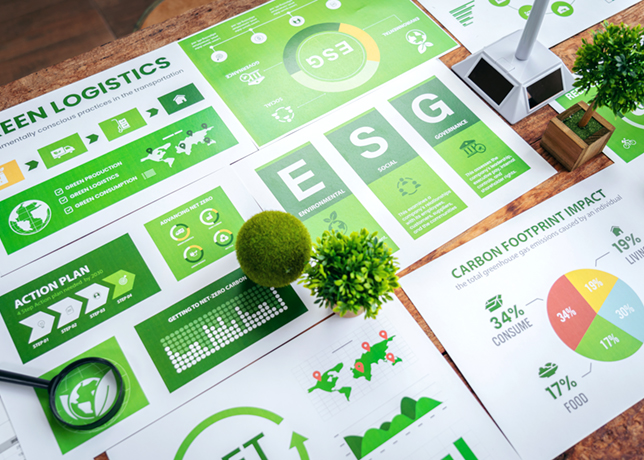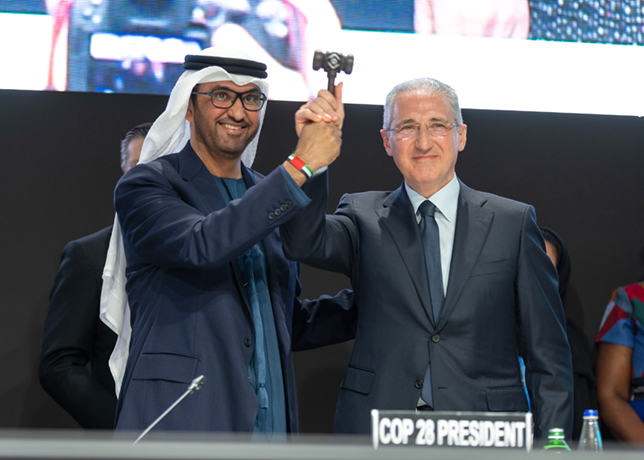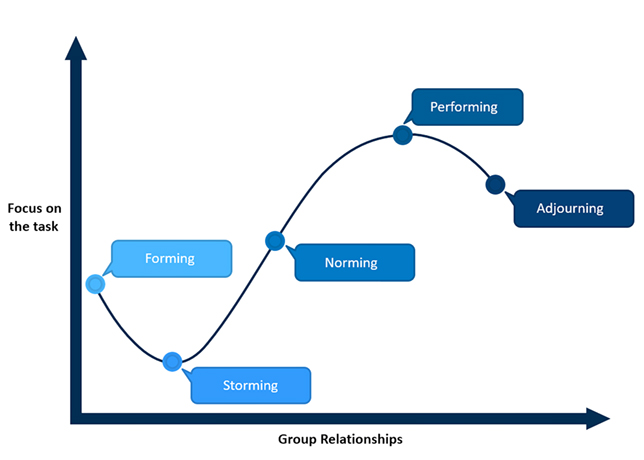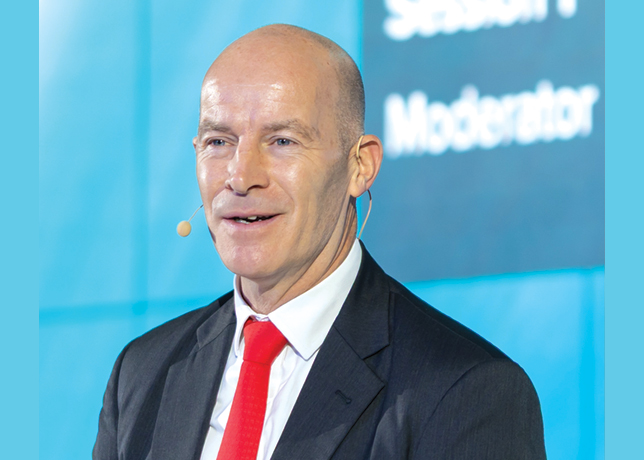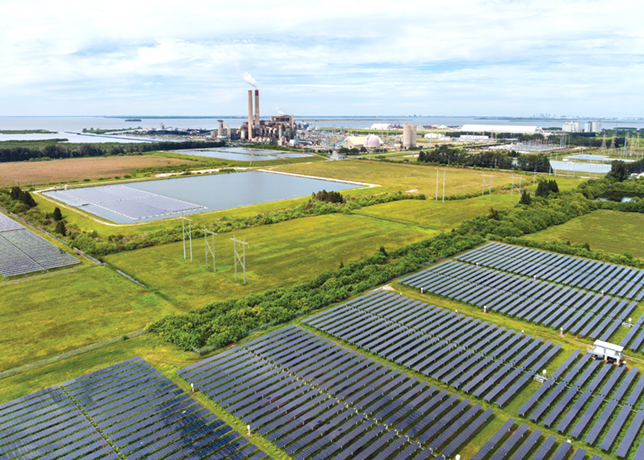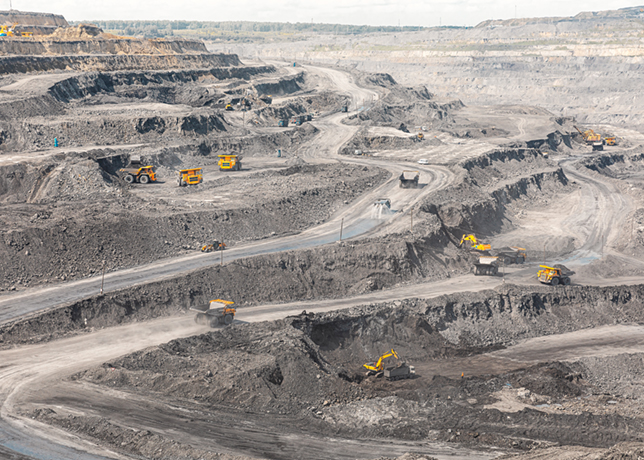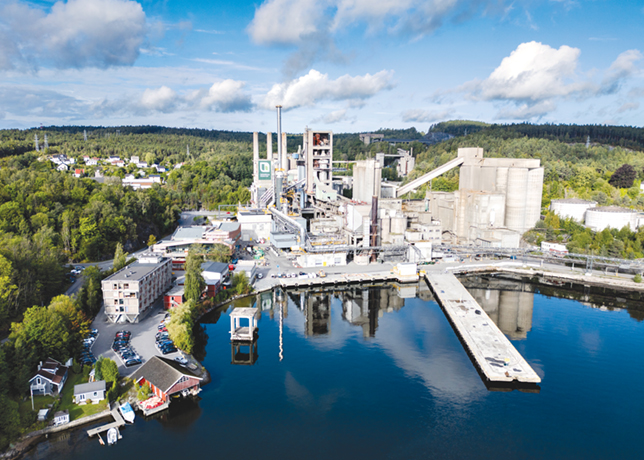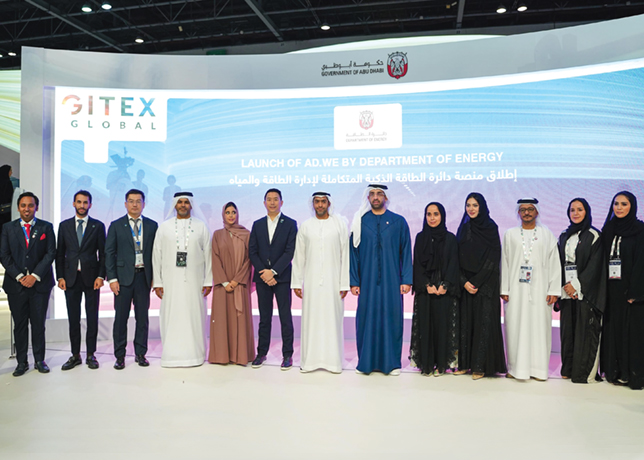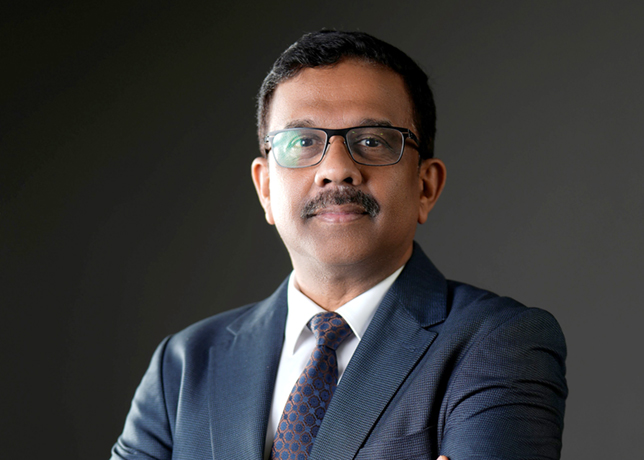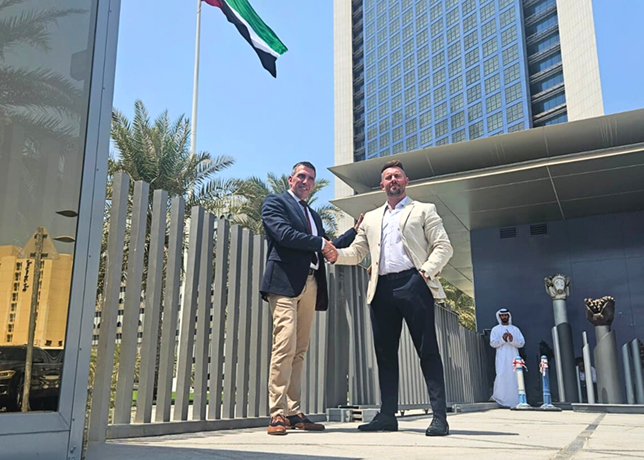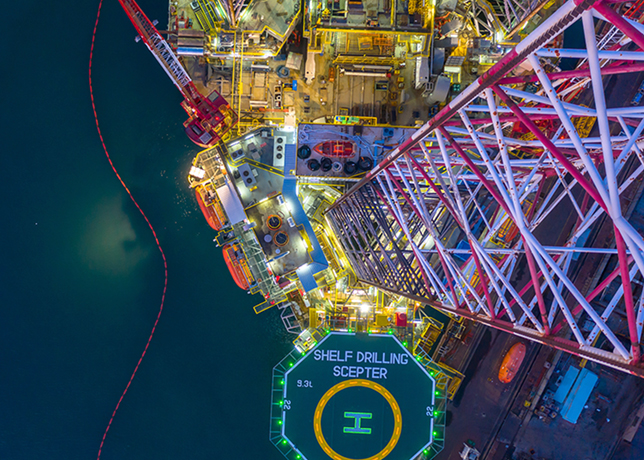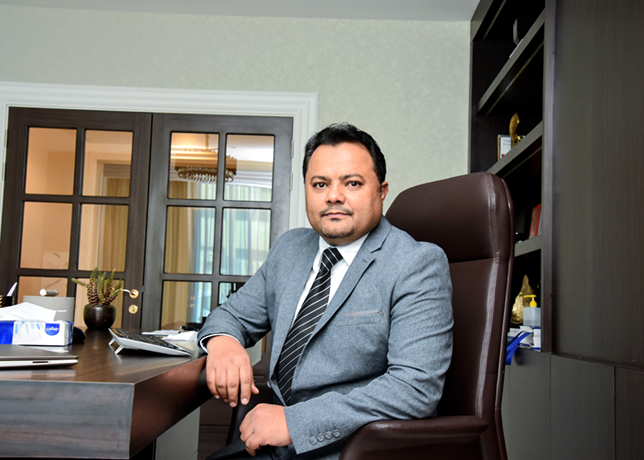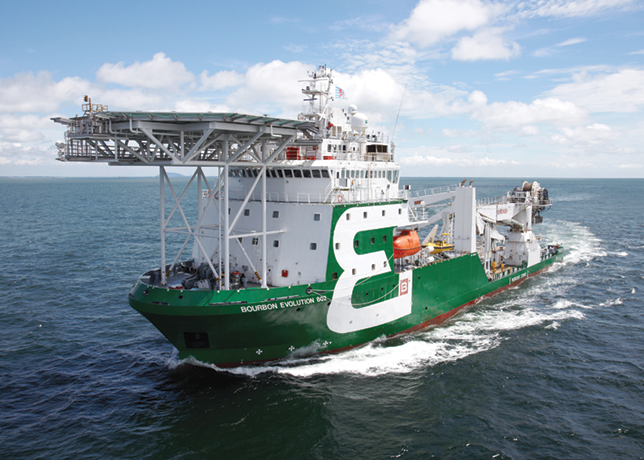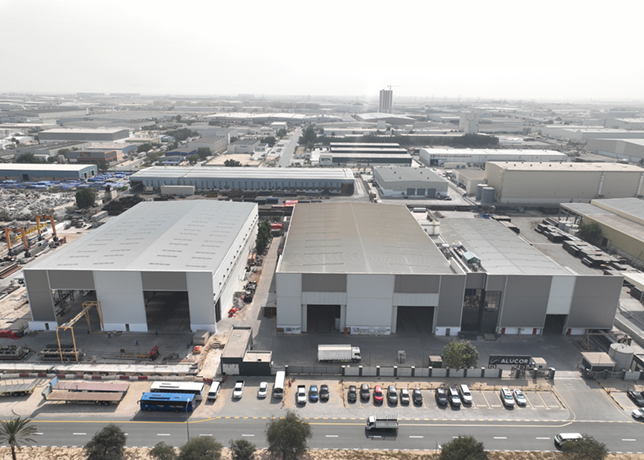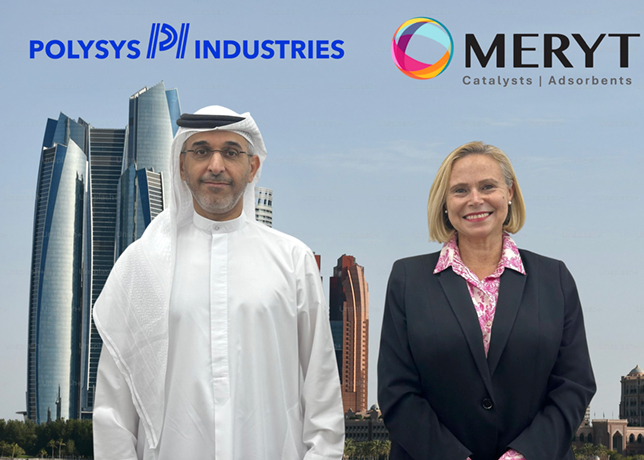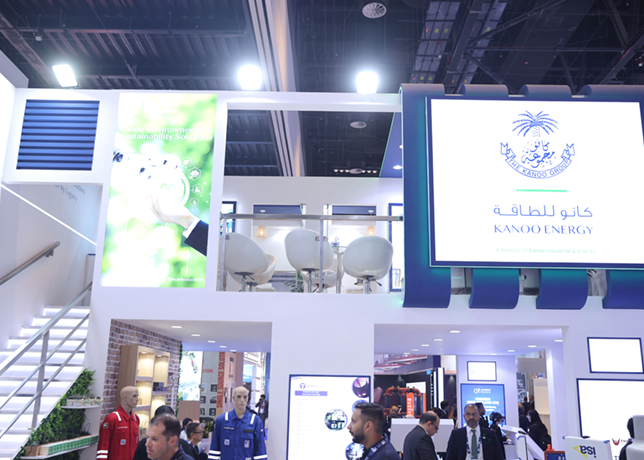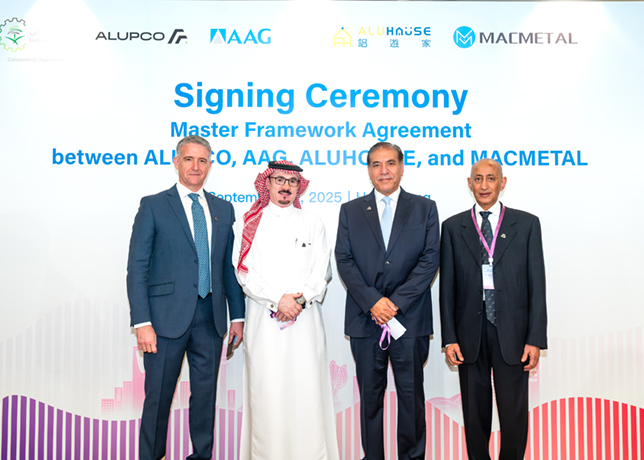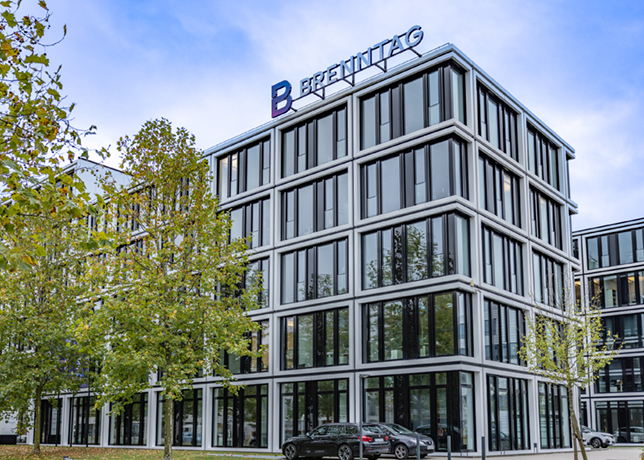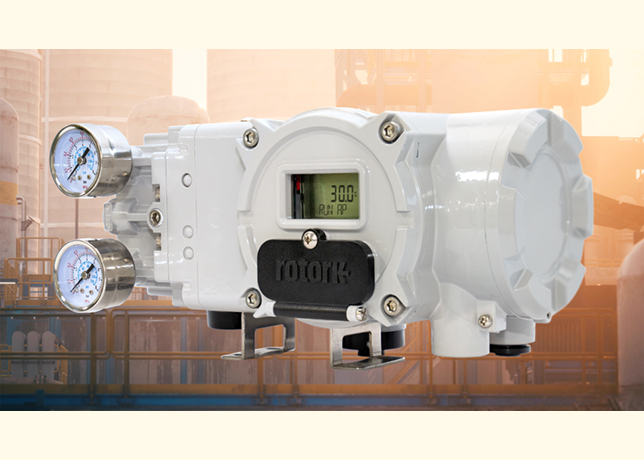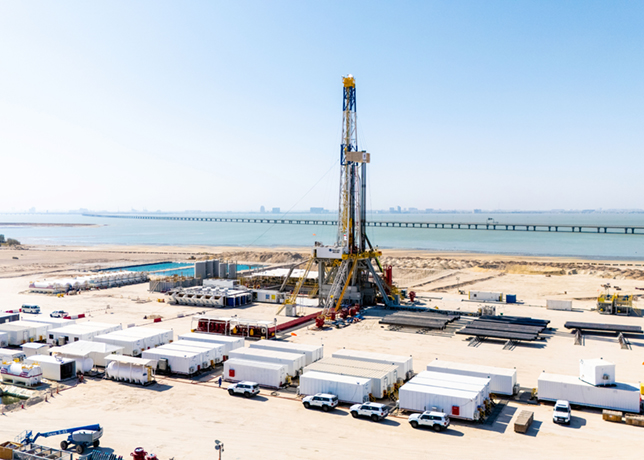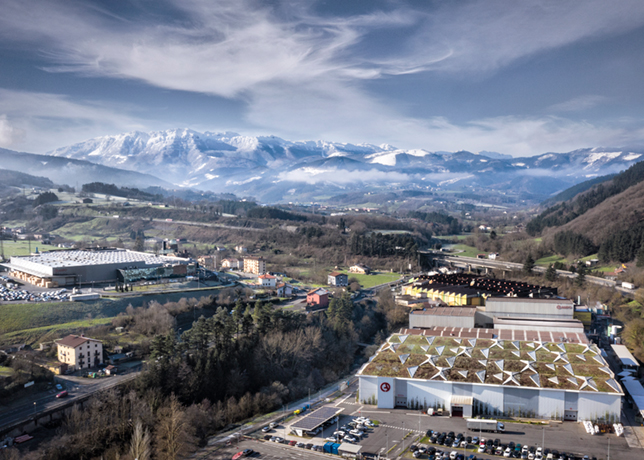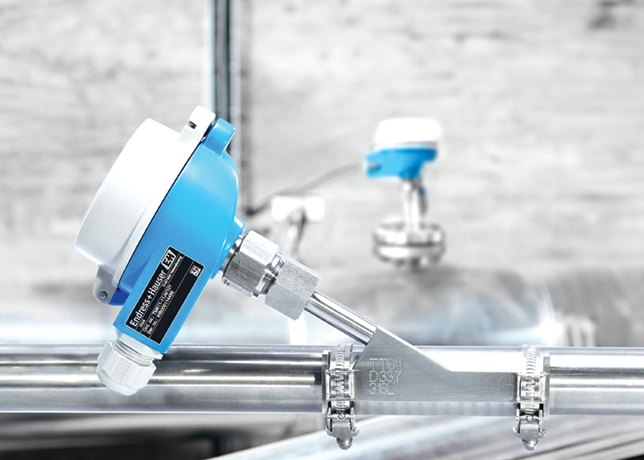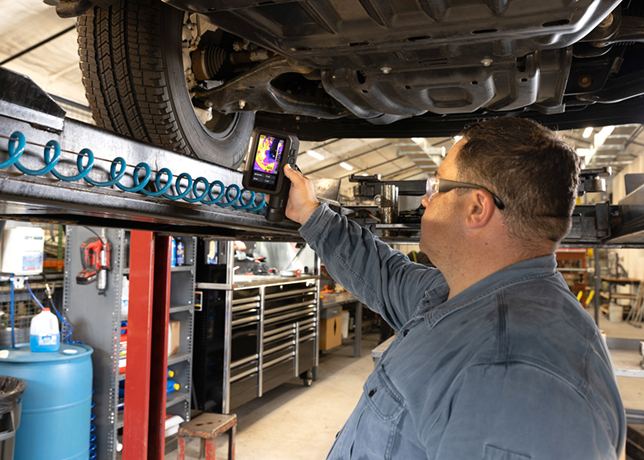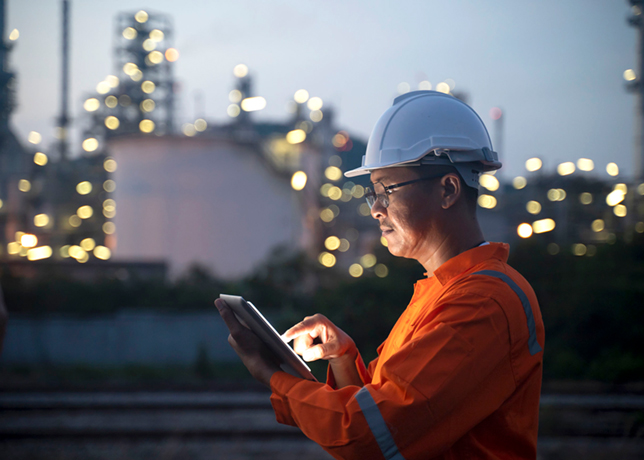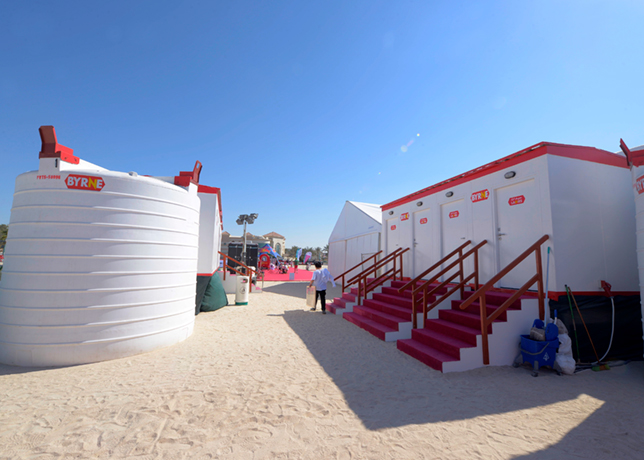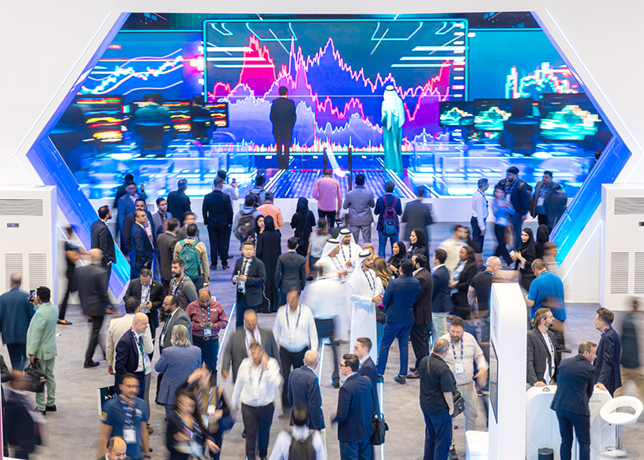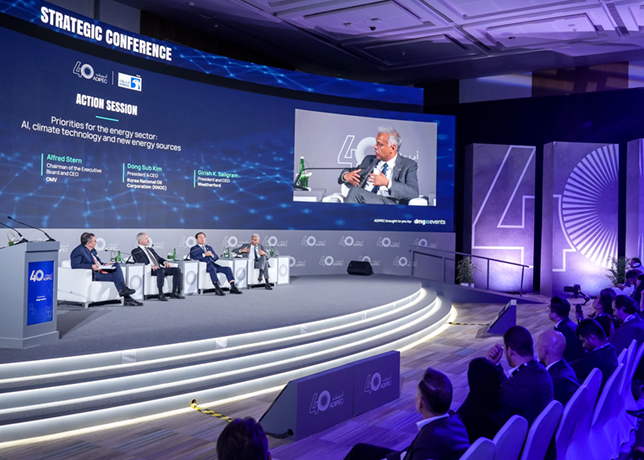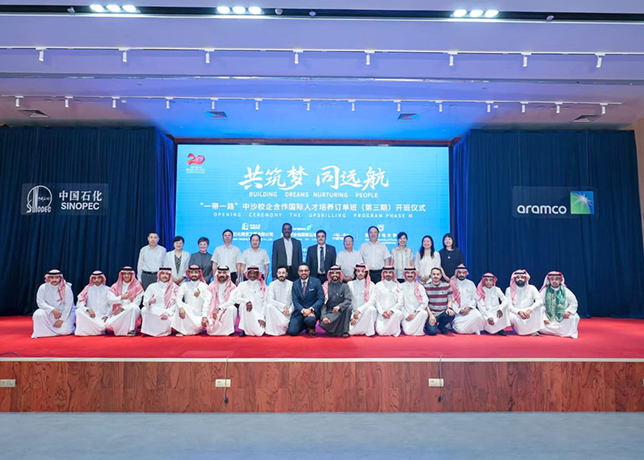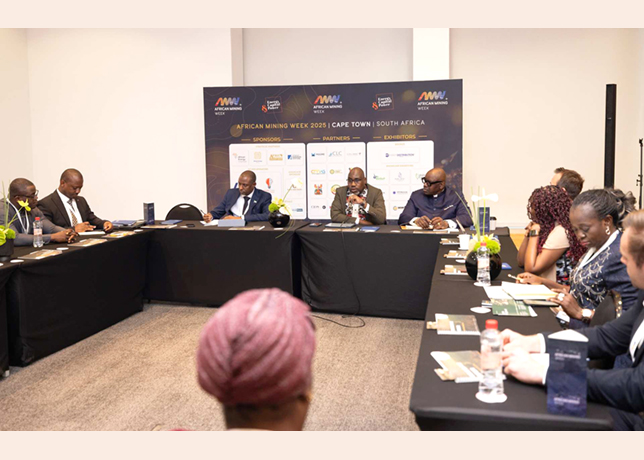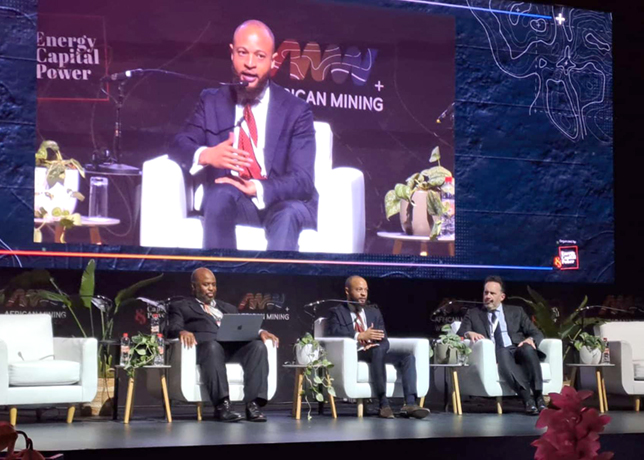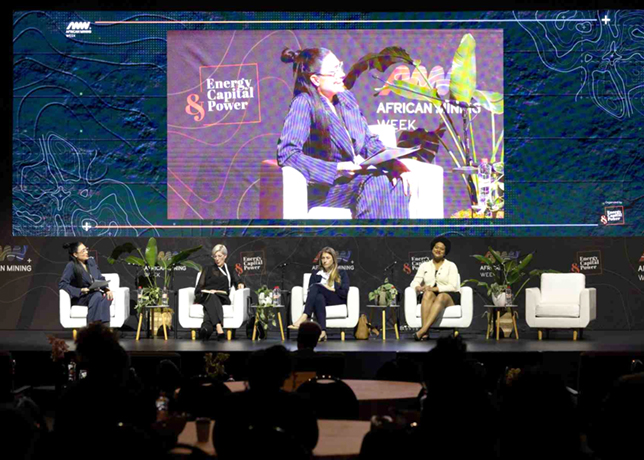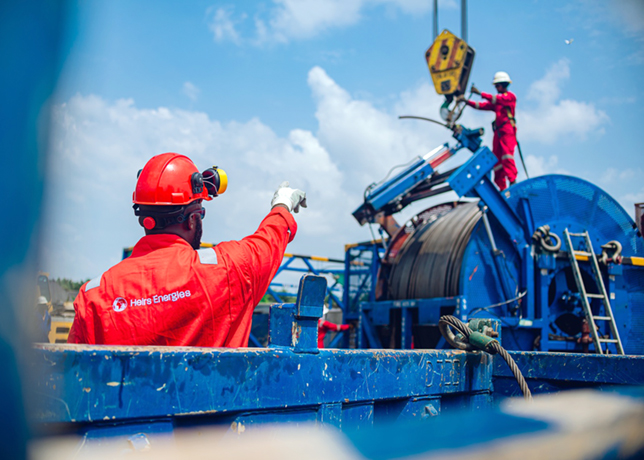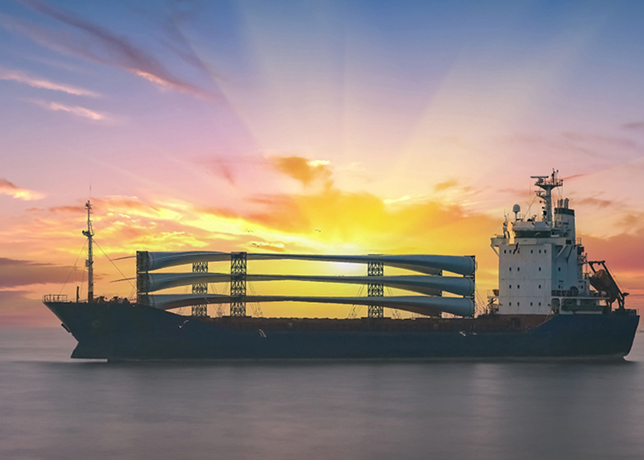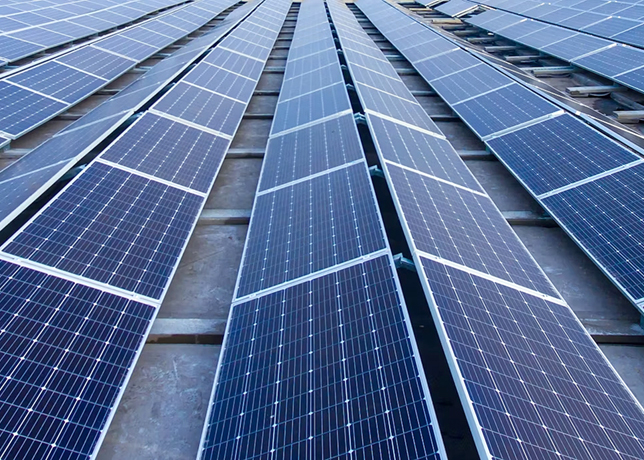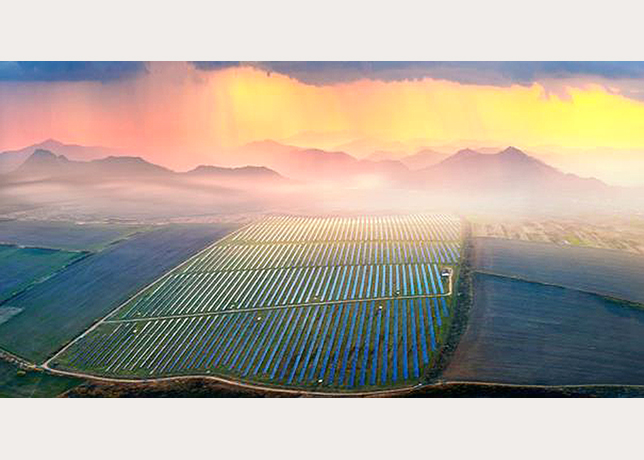
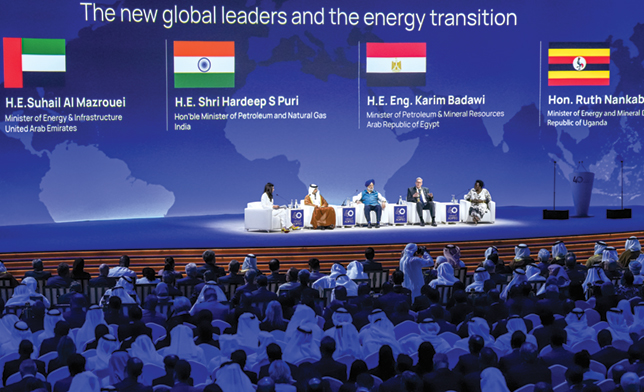 The Ministerial Strategic Conference at ADIPEC 2024
The Ministerial Strategic Conference at ADIPEC 2024
As the global energy landscape transforms, ADIPEC 2025 brings together innovators, policymakers and industry leaders to harness intelligence, technology and collaboration for secure, inclusive and lower-carbon energy growth worldwide
The world’s energy landscape is shifting at an unprecedented speed, and the Abu Dhabi International Petroleum Exhibition & Conference (ADIPEC) finds itself at the very heart of this transformation.
As demand climbs and climate imperatives intensify, this flagship event for the energy sector is positioning itself as the nexus where ambition meets accountability.
With 'Energy. Intelligence. Impact' as its guiding theme, ADIPEC 2025 emphasises that ingenuity—human, digital, artificial—must shape our response to the twin challenges of access and decarbonisation.
The acceleration of renewables, AI-driven systems, and hydrogen solutions all converge here, making the conference more than a showcase: it is a catalyst.
In convening ministers, industry leaders and innovators from around the globe, ADIPEC is shaping the agenda rather than merely following it.
Practical outcomes, be they investment pledges, policy frameworks or collaborative ventures, are the goal. In this evolving era, ADIPEC aims to turn dialogue into delivery.
'ADIPEC serves as the meeting point for these forces, where ideas translate into action and impact can be measured in investment, policy, and progress,' Christopher Hudson, President of dmg events, organisers of ADIPEC, tells OGN energy magazine in an interview.
Below are excerpts from the interview:
The global energy industry is undergoing a profound transformation, driven by the accelerating shift from fossil fuels to renewable sources, amid growing climate pressures, technological innovation, and geopolitical challenges. How is ADIPEC, as a leading energy event, responding to this shift?
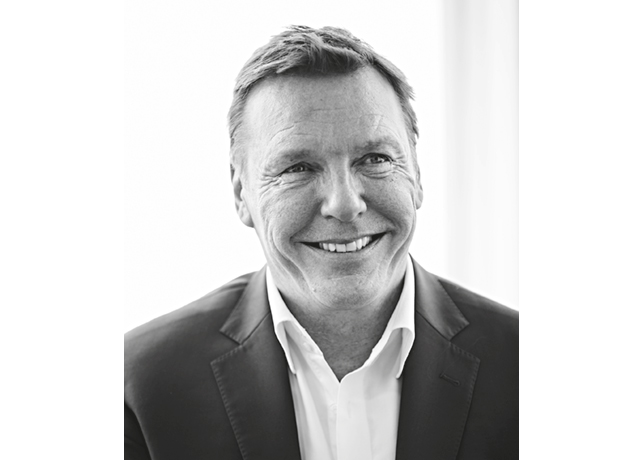 |
Christopher Hudson |
Energy is one of the world’s most dynamic and rapidly evolving sectors. According to the International Energy Agency (IEA), global energy demand rose by 2.2 per cent last year, outpacing the average annual increase of 1.3 per cent recorded over the last decade.
At the same time, the global population is projected to reach 9.8 billion by 2050, with over 750 million people still lacking access to electricity, and more than 2.1 billion people remain without access to clean cooking.
These figures underscore both the scale of the challenge and the opportunity before us.
In this context, ADIPEC 2025 is being held under the theme of ‘Energy. Intelligence. Impact’. It reflects a simple but powerful truth: Meeting the world’s growing need for secure, affordable and sustainable energy will depend on how intelligently we harness every resource to deliver meaningful results for economies and communities alike.
At its core, the theme recognises that intelligence – both human and artificial – is transforming the way energy is produced, managed, and consumed.
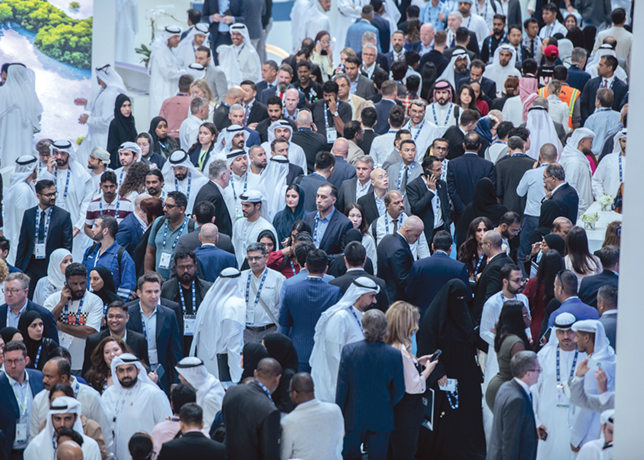 |
More than 200,000 people from 172 countries attended ADIPEC 2024 |
From AI-driven optimisation and digital integration to advances in hydrogen, LNG, and decarbonisation, intelligent innovation is reshaping the global energy landscape.
ADIPEC serves as the meeting point for these forces, where ideas translate into action and impact can be measured in investment, policy, and progress.
As the organiser of ADIPEC, we work closely with governments and industry to ensure our event reflects these realities.
We emphasise inclusive and forward-looking programming by engaging global executives, policymakers and innovators through ADIPEC’s Executive Committee.
Their guidance allows us to identify the issues that truly matter, from scaling energy access in emerging economies, to digitalisation and the rise of artificial intelligence.
We also listen closely to our knowledge partners like BCG, so that each edition evolves with new topics, technologies, and more impactful features.
We work with global leaders, respected voices and trusted organisations, including governments, regulators, independent analysts and innovators, to ensure our content remains strategic, credible and relevant.
ADIPEC, at its core, is designed to bring energy, intelligence, and innovation together, turning dialogue into delivery, and ambition into tangible progress.
Artificial intelligence (AI) is the topic of the hour in energy and elsewhere. How is ADIPEC responding to the opportunities and challenges AI presents to the global energy sector?
On the back of rising AI integration, the electricity consumption of data centres is projected to double by 2030, rising from 415 TWh to 945 TWh.
At the same time, the World Economic Forum (WEF) has estimated that AI can improve energy efficiency by up to 60 per cent in certain applications, while the IEA says that AI-optimised energy systems can increase production efficiency by up to 20 per cent.
The complex trade-off between AI’s energy demand and energy production/savings, presents the energy sector with a unique opportunity to accelerate the shift toward cleaner energy sources while improving energy system productivity.
To harness AI’s potential sustainably, the industry must invest in energy-efficient infrastructure, prioritise low-impact models, and shift workloads to low-emissions data centres, like those powered by solar energy or small modular reactors.
Simultaneously, AI can be used to optimise its own energy use, such as scheduling tasks based on grid carbon intensity.
Responding to the opportunities and challenges presented by AI, we have expanded our AI Zone into five experiential areas showcasing how AI is transforming systems, people, and infrastructure.
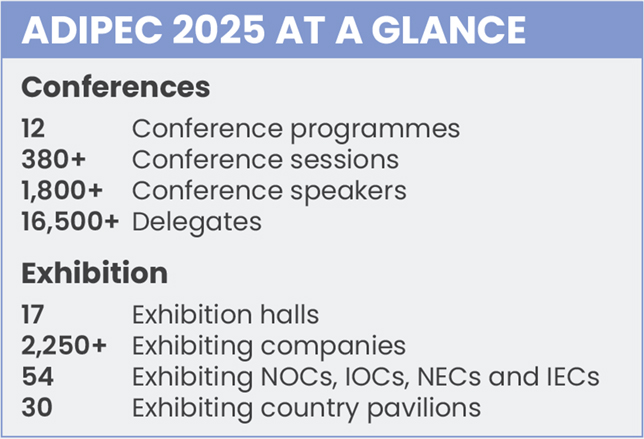 |
Our AI Zone, which is nearly 40 per cent bigger this year than last year, will also feature many leading AI companies, including Microsoft, Infosys, IBM, AIQ, Honeywell, Cognite, SUPCON, Geminus AI, and Gecko Robotics, among its 40-some exhibitors.
Alongside this, more than 80 conference sessions are dedicated to the AI–energy nexus, from predictive analytics to governance frameworks.
The topics covered include ‘Responsible AI and advanced technology investment’, ‘Safeguarding energy security with AI’, ‘AI talent revolution in energy: Building the human-AI workforce’, and ‘Critical minerals and AI: Energy companies securing the new supply chains’.
Some of the already confirmed speakers include Dr Najwa Aaraj, CEO, TII; Dr. Ahmed Mohamed Alebri, CEO, ADNOC Sour Gas; Patrick Bangert, VP& Chief of AI, Oxy; and Michael Sonderby, CEO, SteerAI.
With our timely AI-focused conference and exhibition offerings, ADIPEC will explore how AI transforms the global energy system for more secure, inclusive and sustainable outcomes.
How can the energy sector deliver more secure energy while continuing to build an energy system that is resilient to supply constraints and climate imperatives? And how is ADIPEC helping to deliver that new energy system?
 |
The AI Zone at ADIPEC 2025 has been expanded into five experiential areas |
Energy security and energy access for key industries, emerging markets, and communities are foundational for growth and development. They support the livelihoods of billions and unlock new avenues for innovation.
But the energy industry is not immune to uncertainty, and today we find ourselves facing a multitude of competing priorities.
On the one hand, producers are being asked to match an ever-expanding demand for secure and affordable energy, driven by rapid population growth, and the spread of high-consumption data centres powering transformative technologies.
On the other hand, the policies and regulations that govern energy-related sectors are increasingly volatile, often undermining the very investments that are needed to develop resilient energy systems.
If the industry is to deliver on its mounting responsibilities and evolve to meet the needs of a world in perpetual change, it requires clarity and realism.
While the necessity of decarbonisation is unquestionable and the appetite for energy has only increased, balancing these two realities cannot devolve into a debate between new and old, clean and carbon.
Instead, we must come to terms with the complexity of modern demand and respond with pragmatism, using every tool and resource at our disposal to ensure the modern energy mix works for all.
The answer that is becoming more obvious to energy leaders is to shift away from an energy transition towards energy addition, where our growing need for secure energy supply is met both by hydrocarbon energy and additional lower-carbon energy sources.
By convening all segments of the energy sector, including government, technology, finance, shipping, and infrastructure, ADIPEC facilitates the alignment, collaboration, and momentum the global energy sector needs to unlock finance and bring more energy online.
Can you tell us a little bit more about the new Low Carbon & Chemicals Expo?
Reflecting the industry’s transition towards a high-growth, lower-carbon future, the new Low Carbon and Chemicals Expo brings together companies driving innovation in hydrogen, ammonia, methanol, carbon capture, energy storage, chemicals, and clean energy.
These sectors are essential to meeting rising global energy demand because they enable low-carbon solutions across power, transport, and industry.
Among the over 100 global companies confirmed to exhibit at the Expo are Topsoe, Excel International, Rittal, Vedanta Cairn and Veerum, jointly showcasing how cleaner fuels, advanced materials and circular solutions are unlocking the next wave of energy-driven prosperity.
BY Abdulaziz Khattak



